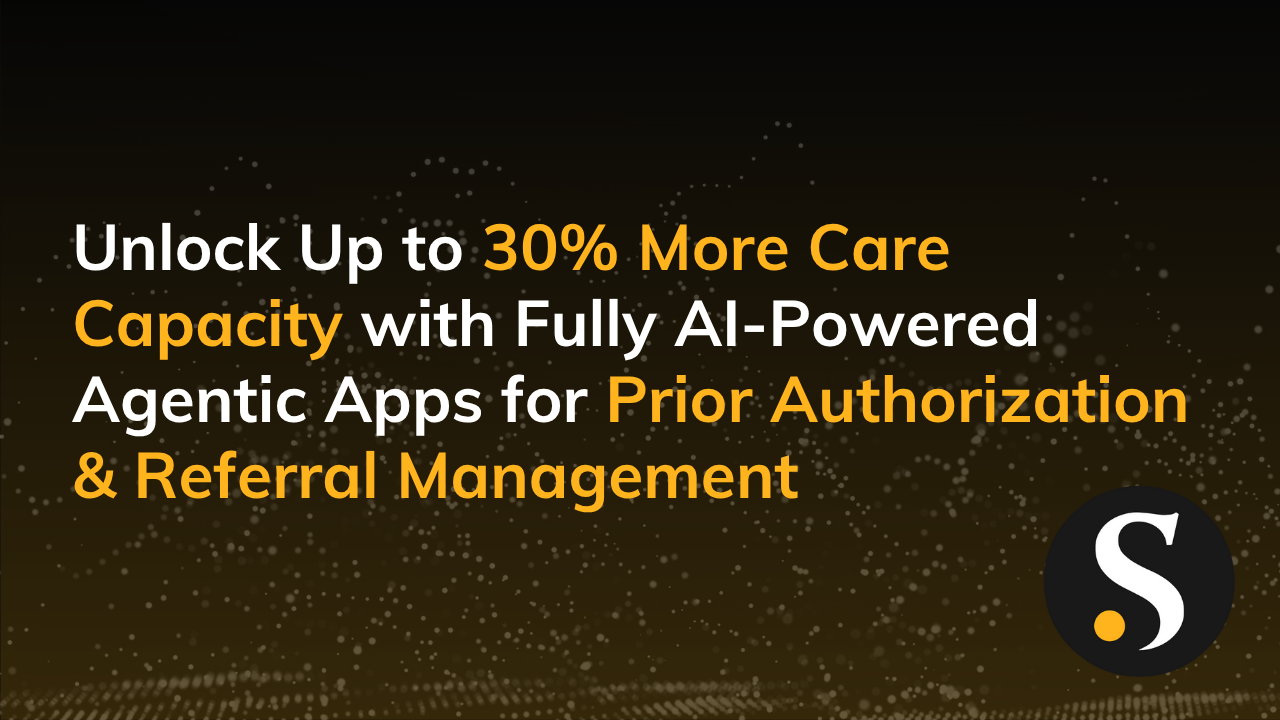The massive shift to digital business transactions as a result of the pandemic is causing brands to take a time-out so they can take a long look at their data management strategy.
Before the pandemic, brands weren’t collecting nearly as much data. Now there’s a huge opportunity to use this massive pile of data to enhance operations and improve the experience for both the business and its customers.
The value of data quality is of critical importance if you want that data to actually mean anything when you are ready to use it. Without quality data, you won’t be in a position to make the right decisions about the business. Let’s take a closer look at what data quality is and why its business value is so high.
What is Data Quality and Why is it Important?
According to the Data Management Body of Knowledge (DMBOK), data quality (DQ) is “the planning, implementation, and control of activities that apply quality management techniques to data, in order to assure it is fit for consumption and meet the needs of data consumers.”
Essentially, data quality is the process of understanding how data will be used and ensuring that it meets certain quality standards to fulfill its purpose or use. This process helps you cleanse and manage data while making it easily accessible across your organization.
As we discussed in our previous blog about building a data management strategy, there is no shortage of data that today’s brands can use to their advantage. However, a study by HBR found that only 3% of companies’ data meets basic quality standards.
This creates a HUGE problem. Low-quality data can negatively impact many areas of business performance and keep brands from achieving ROI targets for data initiatives. More specifically, the cost of poor data quality will potentially translate into:
- Incomplete customer data.
- Wasted marketing and communications efforts.
- Increased spending.
- Poor decision-making.
Moreover, poor data quality can result in more costly measures needed to implement data privacy compliance programs and higher fines for non-compliance.
What Are the Qualities of Good Data and How Do You Measure It?
We know all too well what low-quality data looks like. So, what are the qualities of good data and how do you measure it?
The qualities of good data can be subjective and contextual based on use. However, there are a few tried and true metrics for measuring high-quality data and these are particularly relevant when dealing with customer data.
Here are a few ways to identify and measure good data, based on this list of Conformed Dimensions of Data Quality:
- Accuracy – Data should be accurate, clean, and up-to-date, otherwise, decisions made based on inaccurate data will steer the company off course.
- Completeness – Data should bring a comprehensive view, rather than fragments or siloed data that cause confusion or uncertainty.
- Consistency – Data should be consistent and reliable and avoid contradicting a value residing in a different source or collected by a different system.
- Timeliness – Data should be collected at the right moment in time. Data collected too soon or too late could provide a misrepresentation of a certain situation and cause poor and ill-advised business decisions.
- Accessibility/Availability – Data should be easily accessible so everyone can perform their jobs to the best of their abilities.
A Practical Data Quality Example
Let’s say you’re a business with a retail location that recently started selling products online. You have a point-of-sale (POS) system in your store, an online shopping and fulfillment system, and an email marketing solution. Customer data, including regulated PII, might be stored with varying degrees of completeness and accuracy across these systems.
You’re probably more committed to better understanding your customers’ buying behavior, specifically which customers prefer shopping in-person rather than online. The problem is that your in-store POS and digital store use different information to identify customers and the data is stored in separate silos.
When you try to merge the two data sources together, you might be left with a jumbled mess of incomplete data. For example, a customer in the system who lives in “Newton” is labeled correctly in one system and in the other, it might’ve been incorrectly entered as “Nweton.”
In order to make these addresses usable and to identify if this is the same customer, you need to both cleanse and normalize the city in the address. Doing this for a few customers isn’t a huge deal, but doing this when you have hundreds of thousands of customers and records is a massive problem.
To solve this issue at scale, you need a data quality service to validate and normalize data before messy data makes its way into your customer profile.
Ensure Data Quality with a Customer Data Platform
Improving data quality is a lot easier with a customer data platform like Skypoint Cloud, which ensures only the highest quality (most usable) data is available to your teams. Your teams always have access to accurate and actionable insights that help operate the business more efficiently and effectively.
With Skypoint’s CDP, a powerful identity resolution process combines all of your customer data into a singular profile. Skypoint uses pattern-based validations and standard regular expressions to identify problematic data. Using a self-managed database for fields that can have a known universe of values (i.e. address, names, etc.), Skypoint finds and corrects low-quality data…such as the “Newton” example we talked about earlier.
Getting what you need from the valuable data you collect is essential if you ever truly want to see real business growth. A customer data platform helps you improve the value of the data you collect—and keep that data safe and secure—so you can keep driving the business forward.
See how Skypoint’s customer data platform empowers your teams to do more with data.




